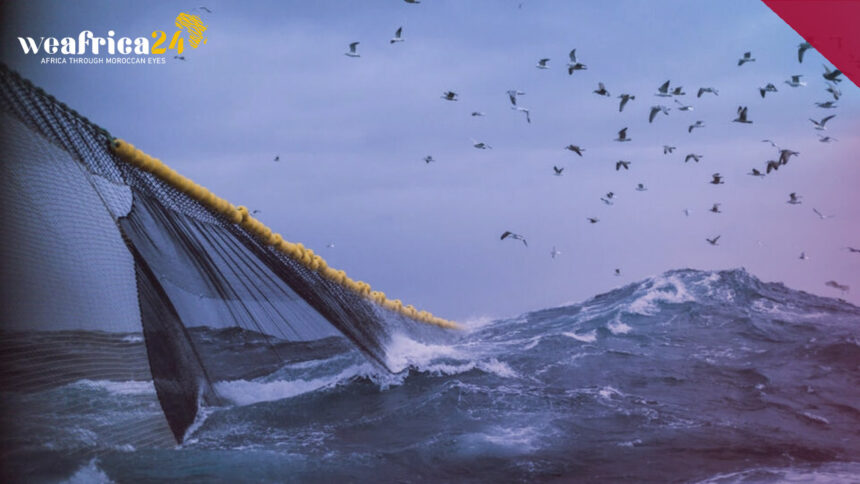“Pillage” is the title of a graphic novel released on April 17th by Delcourt Editions. One of the authors, Maxime de Lisle, is the second in command on one of Sea Shepherd’s ships, an organization that exposes and fights against overfishing, particularly by industrial vessels. The graphic novel delves into the heart of the system and corruption in the crucial fishing sector for the coastal states of the continent.
“Our resources are no longer for sale, they belong to the people.” Despite grand declarations, the fisheries licensing officer, depicted as “Désiré” in the graphic novel, eventually succumbs to a bundle of cash.
“Pillage” takes readers on a 120-page journey into the depths of large-scale corruption. As the second in command on Sea Shepherd’s vessels, Maxime de Lisle, co-authored the book, stating, “Just in Africa, 17,000 trawlers are scouring the waters, emptying the ocean of all its fish.”
In his book co-authored with Renan Coquin, Maxime de Lisle also recounts the story of a fishing vessel banned from fishing but continues to plunder the oceans. “In a small African country—whether it’s Sierra Leone or Benin—500,000 sharks represent a large portion of the shark populations there. So, in a few years, the boat arrives and decimates the entire shark population, which is somewhat the keystone of the food chain at sea. And if they disappear, everything below them will collapse.”
To engage the general public, the authors of “Pillage” use simple examples. “Essentially, the story of this graphic novel is a bit like a butterfly effect: by eating salmon sushi or other fish in Europe or France, we directly contribute to migration.”
The Senegalese Case
In 2023, there was a significant increase in the departure of pirogues from Senegal to the Canary Islands.







